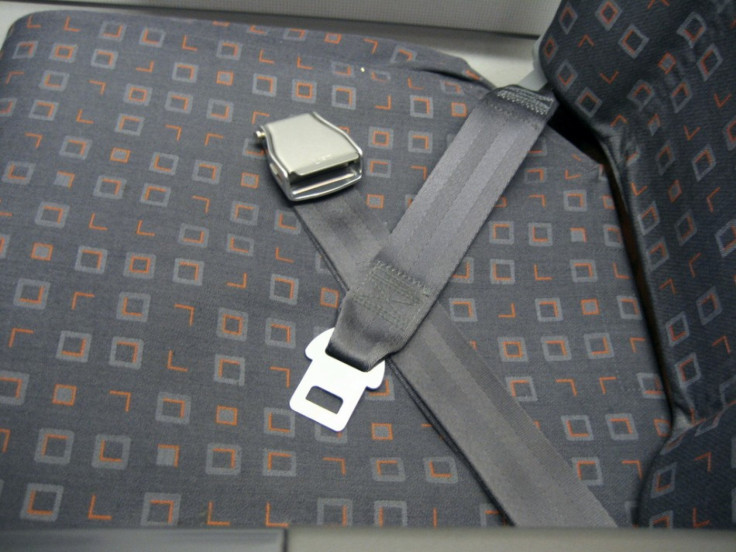Airline 'Fat Tax' One Step Closer to Fruition

The so-called airline fat tax is one step closer to approval in England after a Court of Appeal ruling that stated fliers cannot sue for embarrassment caused when on board a plane.
The judgment could also prevent passengers with a disability from seeking compensation from an airline if they receive unsatisfactory or inconsistent treatment during a flight.
Judges considered two cases involving wheelchair users on Thomas Cook and British Airways who sued the airlines after they were unable to sit next to their caretakers on board. Both subsequently had embarrassing incidents.
However both cases were dismissed when the court decided that the Montreal Convention, a framework of international regulations on air travel, should take priority over British law.
Judges came to the conclusion that key elements of Britain's disability and discrimination laws don't apply once passengers board an aircraft. The decision could lead to airlines introducing a tax against obese passengers without fear of consequences, a leading barrister claims.
Daniel Barnett, of the Outer Temple Chambers in London, argued that the decision means passengers could not sue if crew cause distress on board. He said the ruling would give airlines laissez-faire to disregard seat allocation promises made prior to boarding and prohibit passengers from suing airlines for hurt feelings or emotional distress.
The ruling confirms that disabled passengers have no right to dignity once the wheels leave the runway, said Barnett. It also means that airlines are immune if they choose to embarrass overweight passengers by demanding a fat tax.
An airline fat tax has been discussed before by airlines like Ryanair following a survey conducted by the airline that suggested around a third of passengers supported it.
Several carriers across the globe already insist that obese passengers purchase an extra seat if they are unable to comfortably fit into one.
In the States, United dealt with a PR headache when it forced passengers who were too large to fit in one economy seat to buy another. Southwest recently announced that starting in March, its subsidiary AirTran will require overweight passengers to purchase a second seat if they cannot fit in one with the armrest lowered.
Air Canada, meanwhile, is facing a lawsuit from obese passengers who claim they were mistreated on flights in 2008. Over in Australia, former Qantas economist Tony Webber has suggested that heavier people should pay more to fly.
Webber reasoned that if people are charged for overweight baggage, they should be charged for excess weight as well. He rationalized that the more a plane weighs, the more fuel it burns, the more it costs to fly the plane, and the more you end up paying.
A poll carried out by AOL Travel shows that most people agree. Seventy-one percent of the 10,000 people polled said overweight people should pay more to fly.
What do you think? Is an airline fat tax unfair? Share your thoughts in the comments below.
© Copyright IBTimes 2024. All rights reserved.






















